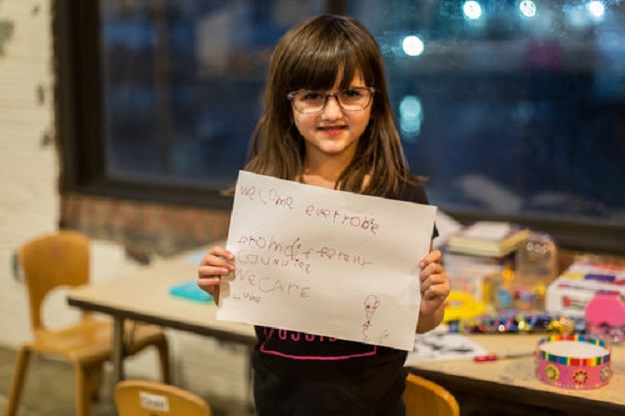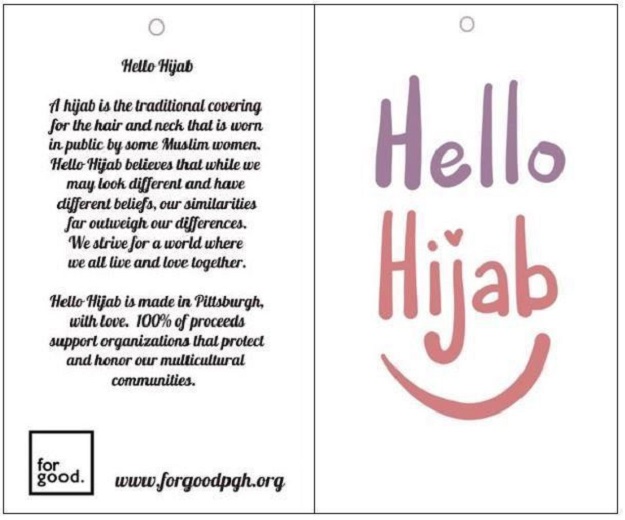Safa Bokhari, a Muslim mother in the US has decided to launch Hijab line for dolls in a bid to promote diversity and acceptance, The Huffington Post reported.
The mother, who lives in Oakland, Pennsylvania, said she’s been verbally harassed for wearing a headscarf.
But Bokhari is hoping that when it’s time for her daughter, Salma Bokhari, to decide whether or not to wear the scarf, it will be a safer world for Muslim women.
Safaa Bokhari and her friend Gisele Fetterman have teamed up with Pittsburgh non-profit organisation For Good for the Hello Hijab initiative, which will create tiny headscarves as accessories for Barbie and other dolls.
According to the official website “Hello Hijab believes that while we may look different and have different beliefs, our similarities far outweigh our differences. We strive for a world where we all live and love together.”
“The idea of kids and girls playing with the hijab and the hijab becoming something usual, I think it will make a difference in the future,” Bokhari told the newspaper. “It won’t be a problem for my daughter, if she wants to wear hijab, it wouldn’t be considered something strange.”
Seeing how their five-year-old daughters were fond of playing with dolls, Fetterman envisioned making “doll-sized” headscarves and using the profit for charity organisations like the Islamic Centre of Pittsburg and the American Civil Liberties Union, the Post reported. She hopes that every school and day-care will have dolls that look like Muslim women.

Grace Fetterman, age 5, holds a sign she made reading a simple, but sincere message: “Welcome everyone from different countries. We care. Love.” The child of a once-undocumented immigrant, Grace has grown up learning to accept and love people regardless of their origin. PHOTO: HELLO HIJAB
The website confirms their commitment to charity with: “Hello Hijab is made in Pittsburgh, with love. 100% of proceeds support organisations that protect and honour our multicultural communities.”
“I want little girls to see their mothers in these dolls, for kids all over the world to play them. I want American kids to become familiar with hijabs,” Fetterman said.
The 30-year-old mother, who faced verbal harassment for her Abaya and veil when she moved to the US from Saudi Arabia in 2013, is focused to not let her daughter go through the same if she chooses to adorn headscarf.
In 2016, Bokhari decided to give up abaya and veil to opt for a headscarf. “Even the scarf is becoming a problem now,” Bokhari told the news daily. “I feel scared all the time, to be honest.”
“If it gets the goal that I want for my daughter, it’s okay with me,” she further added. “The idea of the project is just that people get used to the hijab so that it can become easier for women to wear it.”
Debuting on April 1, the scarves will be sold for US$6 each. They will be accompanied by a card educating people about the importance of Hijab to Muslim women who decide to do it and emphasising on the celebration of diverse choices.








